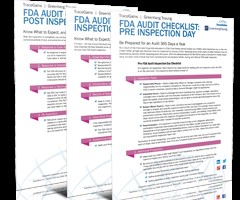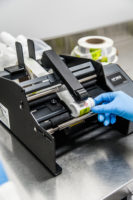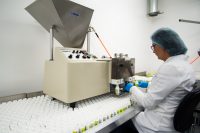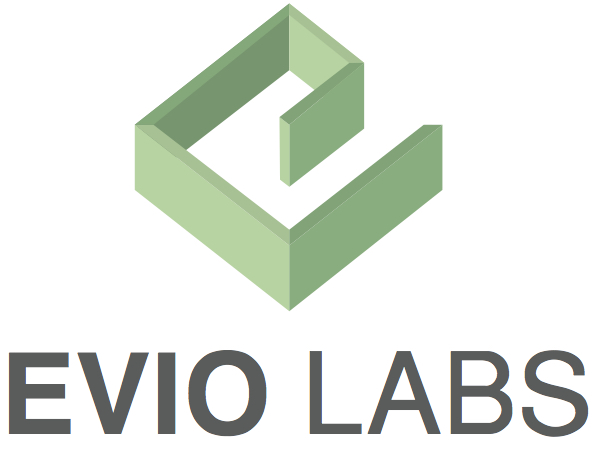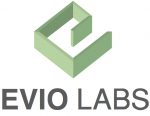Selling in a grey market isn’t for the faint of heart. You have to deal with the stigma surrounding your products and services, the potential for legal troubles, along with bureaucratic hurdles that all businesses face.
Acceptable marketing language surrounding consumable THC and CBD products encapsulates all of these issues, and it’s why everyone in the industry needs to pay close attention to what they’re saying. One innocent turn of phrase could have the Food & Drug Administration (FDA) shut down your business faster than you can say, “Oops.”
Avoiding this fate means making some adjustments to how you think about your marketing language, but this knowledge quickly becomes rote. Take a moment to learn how to protect yourself so that you can run your business rather than run afoul of the law.
Food, Drugs and Dietary Supplements
Scroll through Instagram for a few minutes and you’ll encounter a deluge of companies making claims about cannabis and CBD products. Many, if not most, are going about it incorrectly. Part of the confusion surrounds the fact that under the FDA’s rules, foods, drugs and dietary supplements are treated differently.
 How does the FDA decide what’s what? Based on how you advertise the product. If labeling suggests the substance is “intended for use in the diagnosis, cure, mitigation, treatment, or prevention of disease, or is an “article” (other than food) intended to affect the structure or any function of the body of man or other animals,” the FDA will regulate it as a drug.
How does the FDA decide what’s what? Based on how you advertise the product. If labeling suggests the substance is “intended for use in the diagnosis, cure, mitigation, treatment, or prevention of disease, or is an “article” (other than food) intended to affect the structure or any function of the body of man or other animals,” the FDA will regulate it as a drug.
The language and regulations surrounding drugs are extremely strict. On December 20, 2018, the FDA put out a statement reiterating that these rules are in effect for cannabis products. In other words, you can only make a drug claim if you have received approval from the FDA on your New Drug Application (NDA). Since approval requires hundreds of millions of dollars worth of clinical trials, this option is out of reach for most companies.
The rule states that you may not say that your product diagnoses, cures, mitigates, treats or prevents any disease, or any recognizable symptom of a disease. Disease is defined as: damage to an organ, part, structure, or system of the body such that it does not function properly (e.g., cardiovascular disease), or a state of health leading to such dysfunction it (e.g. hypertension). Examples of diseases would include cancer, multiple sclerosis, epilepsy, autoimmune diseases, Lyme disease and more. In other words, you couldn’t say your product “prevents memory loss due to Alzheimer’s” or “treats symptoms of fibromyalgia.”
If you’re making any claims about curing anything in your cannabis business name, product name, packaging, web copy, advertising or marketing materials, you are at risk for breaking these rules and getting caught. The FDA’s regulations dovetail with the Federal Trade Commission’s truth-in-advertising laws, which state that your claims must be backed by legitimate research (such as peer-reviewed journal articles or double-blind studies) and must not mislead consumers. These rules are already being enforced within the cannabis industry, so pay close attention to what you’re putting out there.
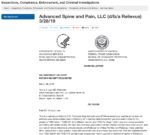
However, you can’t avoid penalties by using this kind of language and claiming your product is a dietary supplement or food, either. According to the FDA, products that contain THC or CBD cannot be sold as dietary supplements. Their reasoning for this decision is that THC and CBD are active ingredients in FDA-approved drugs, such as Epidiolex and Dronabinol. Active ingredients in approved drugs may not be introduced into the food supply as dietary supplements or otherwise.
The language rules surrounding food can be equally complex. Foods approved by the FDA can make nutritional claims about how a nutrient impacts the structure/function of the body, such as “Calcium builds strong bones.” The problem for cannabis products is that these statements need to be authorized or qualified by the FDA and have significant scientific evidence and consensus. However, this consensus doesn’t exist for THC and CBD, meaning that you’re barred from making these kinds of claims.
Note that these rules don’t just apply to human supplements. They also apply to ones for pets. Many people don’t realize that a supplement for a pet is considered an “illegal drug of low regulatory concern.” But if you add in THC or CBD, a supplement becomes an illegal drug of—you guessed it—higher regulatory concern.
At a Loss for Words?
By now, you may be wondering what you can actually say to market your product; it may feel as though there are more restrictions than guidelines. Fortunately, the FDA hasn’t left us completely out at sea.
Just because we’re in a strange place under federal law operating our businesses every day doesn’t mean that we should disregard fundamental rules and regulations that all businesses must follow. The FDA published a final rule in the Federal Register in 2000 defining strict rules that govern the types of statements that may be used on a label without prior review of the agency. These are called structure/function claims. According to the FDA, “Structure/function claims may describe the role of a nutrient or dietary ingredient intended to affect the normal structure or function of the human body.” In contrast, statements that claim to diagnose, cure, mitigate, treat or prevent disease require prior approval by the FDA and are only for products that are approved drugs. Don’t use any of those words. Ever.
You can use the following words in your cannabis product names, advertising or marketing, as long as you’re not connecting them to a disease state: restore, support, maintain, raise, lower, promote, regulate, stimulate. You must specifically state that the claim relates to a non-disease condition; otherwise, you’ll be in trouble with the FDA. To go back to an earlier example, you cannot say that your product “prevents memory loss due to Alzheimer’s.” However, stating that your product “helps maintain a healthy brain” is fine.
Just because we’re in a strange place under federal law operating our businesses every day doesn’t mean that we should disregard fundamental rules and regulations that all businesses must follow. Following these rules does more than keep our enterprises out of trouble. It reinforces the idea that our industry is responsible, legitimate, and—perhaps most importantly—here to stay.














